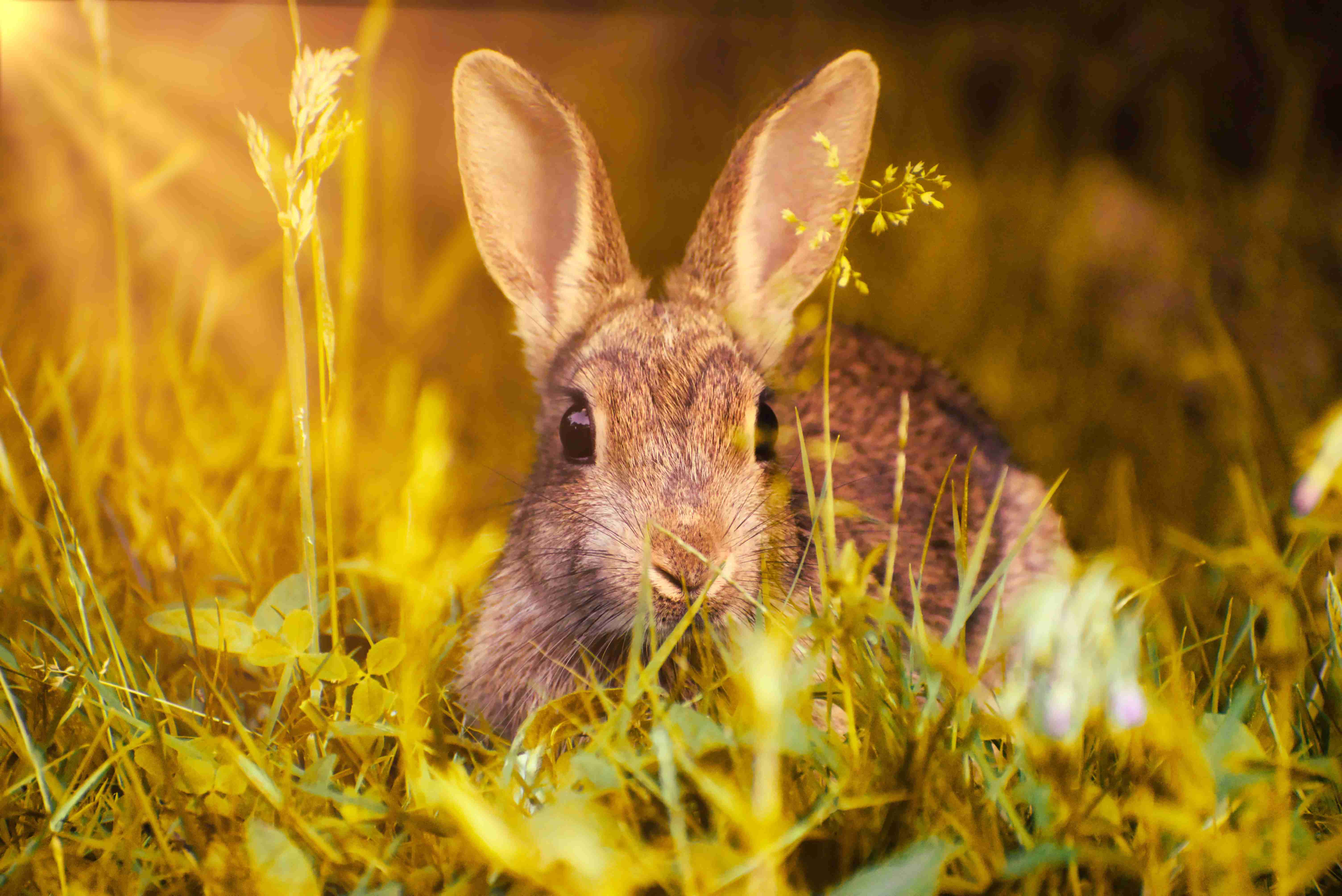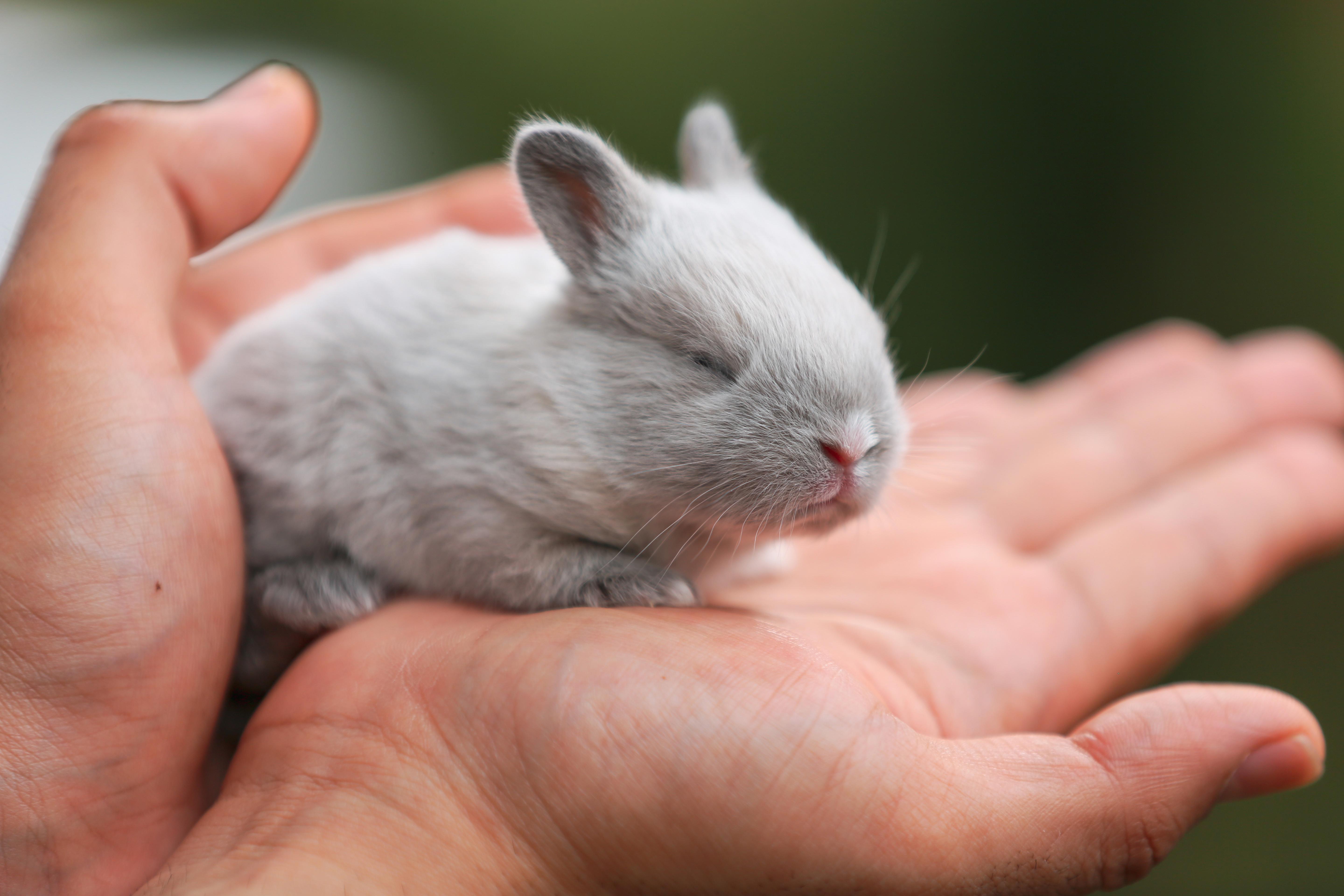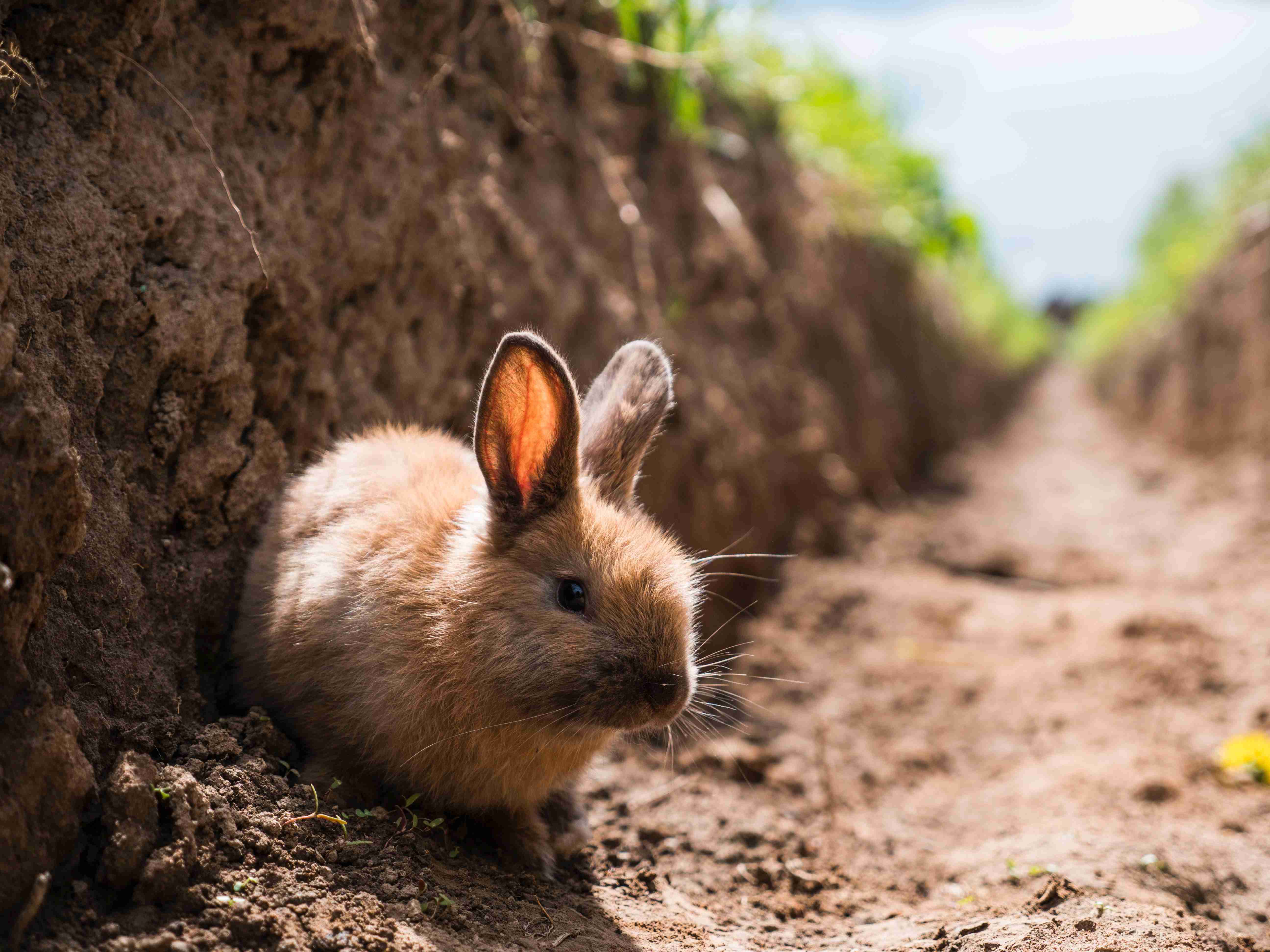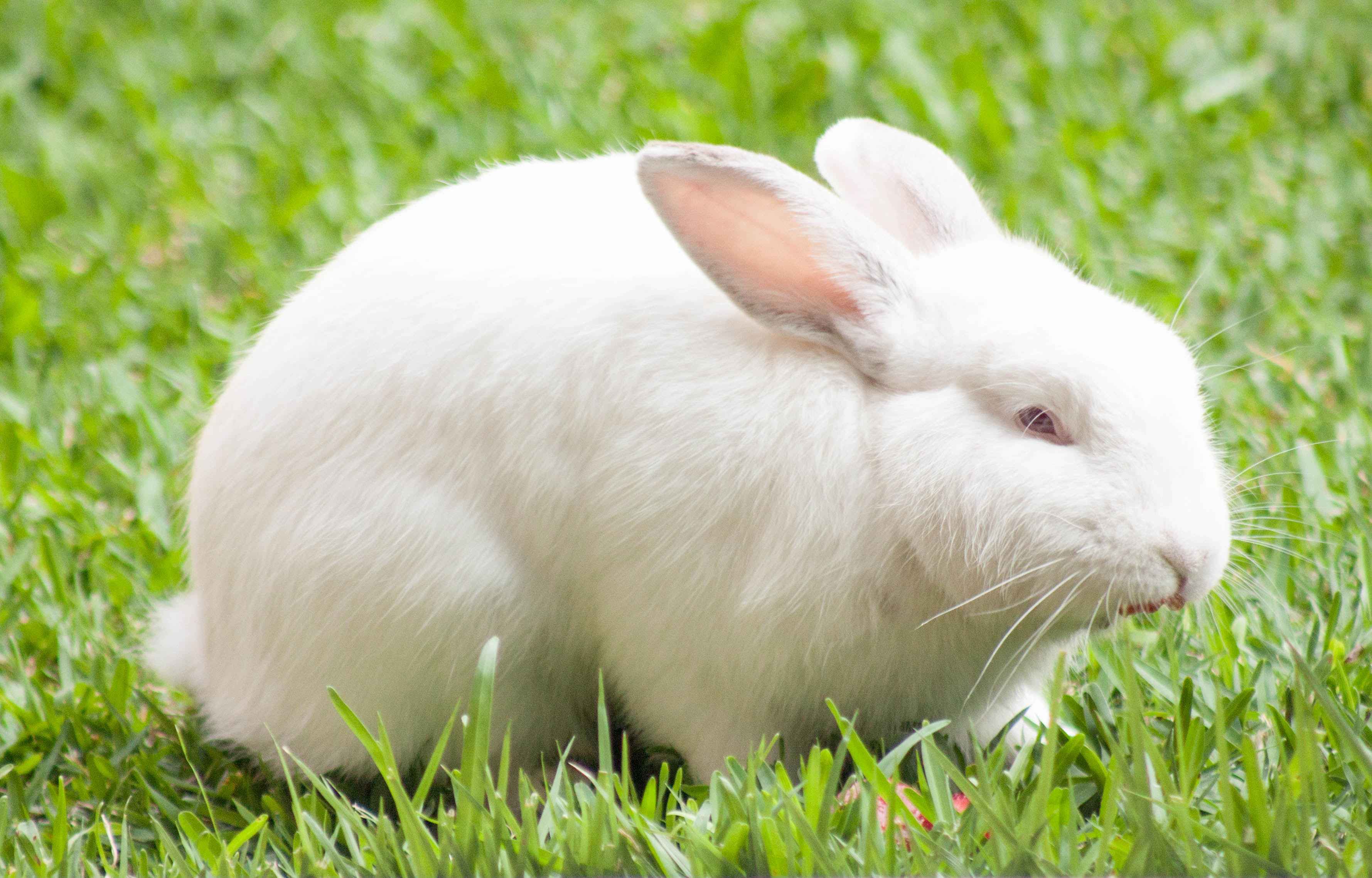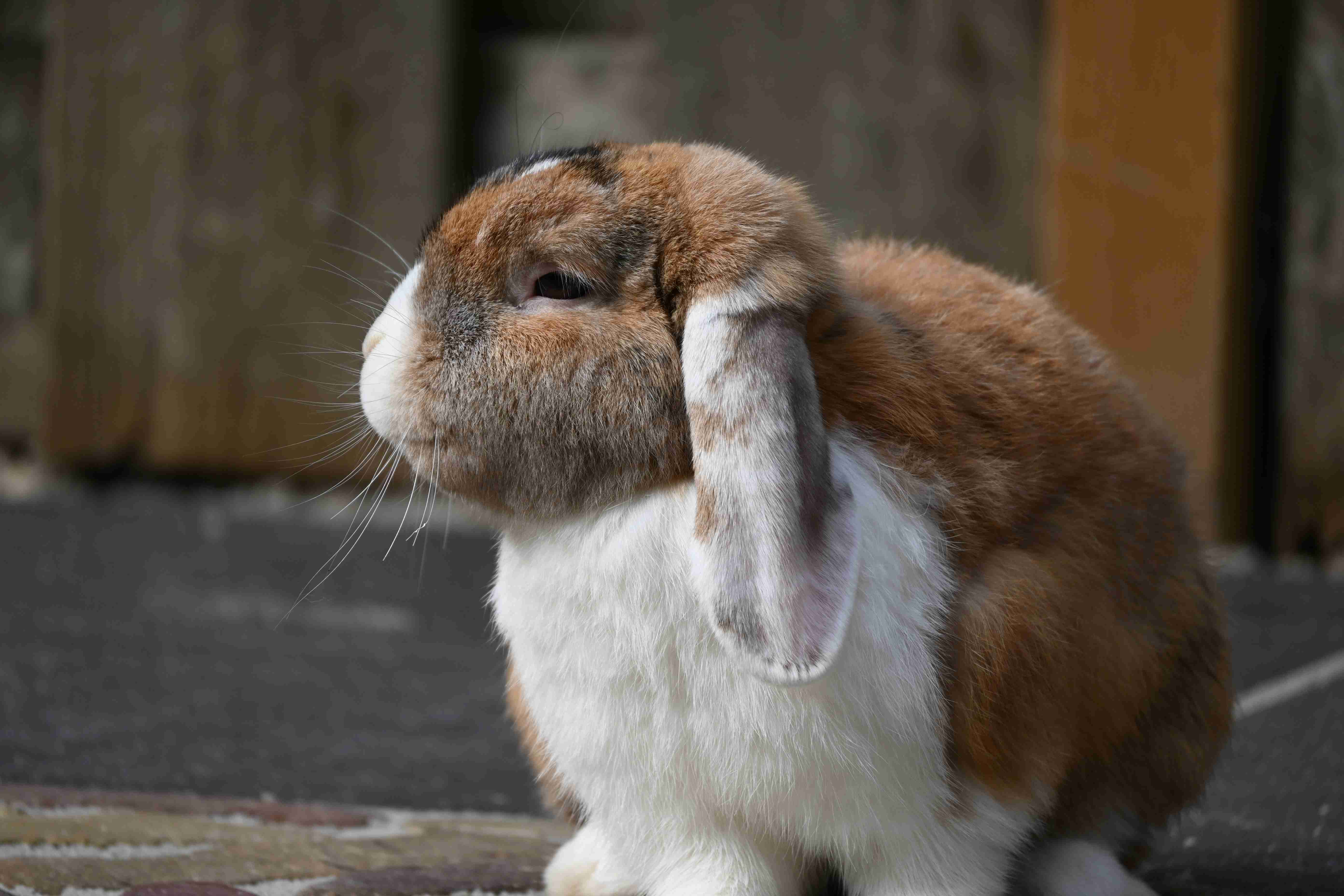As a loving rabbit owner, you want to ensure that your furry friend stays healthy and happy. One of the most common health issues that rabbits can face is gastrointestinal (GI) problems. These can range from mild indigestion to severe conditions like GI stasis, which can be life-threatening if not addressed promptly. The good news is that there are many things you can do to prevent GI problems in your pet rabbit. In this blog post, we’ll share five tips to help you keep your bunny’s tummy happy and healthy. So, whether you’re a new rabbit owner or a seasoned pro, read on to learn how to prevent GI problems in your furry friend.
As a pet owner, you want the best for your furry friend, and that includes ensuring they stay healthy and happy. One of the most common health issues that pet rabbits face is gastrointestinal problems. Gastrointestinal problems in rabbits can range from mild digestive issues to life-threatening conditions. Therefore, it’s crucial to take the necessary steps to prevent these problems before they occur.
Here are five tips for preventing gastrointestinal problems in pet rabbits:
1. Proper Diet and Nutrition
Rabbits are herbivorous animals that require a diet rich in fiber. A diet that is low in fiber can cause gastrointestinal problems, such as diarrhea and stasis. Therefore, it’s essential to provide your pet rabbit with a diet that is high in fiber and low in fat and sugar.
Hay is a crucial part of a rabbit’s diet, and it should make up the majority of their food intake. Fresh vegetables and fruits should also be added to their diet in moderation. Ensure that the food is fresh and of good quality, and avoid feeding them with foods that are high in carbohydrates.
2. Clean Water Supply
Water is essential for the proper functioning of a rabbit’s digestive system. Ensure that your pet rabbit has access to clean and fresh water at all times. You can use a water bottle or a bowl to provide water to your pet rabbit. If you use a bowl, ensure that it’s cleaned daily to prevent the growth of bacteria.
3. Regular Exercise
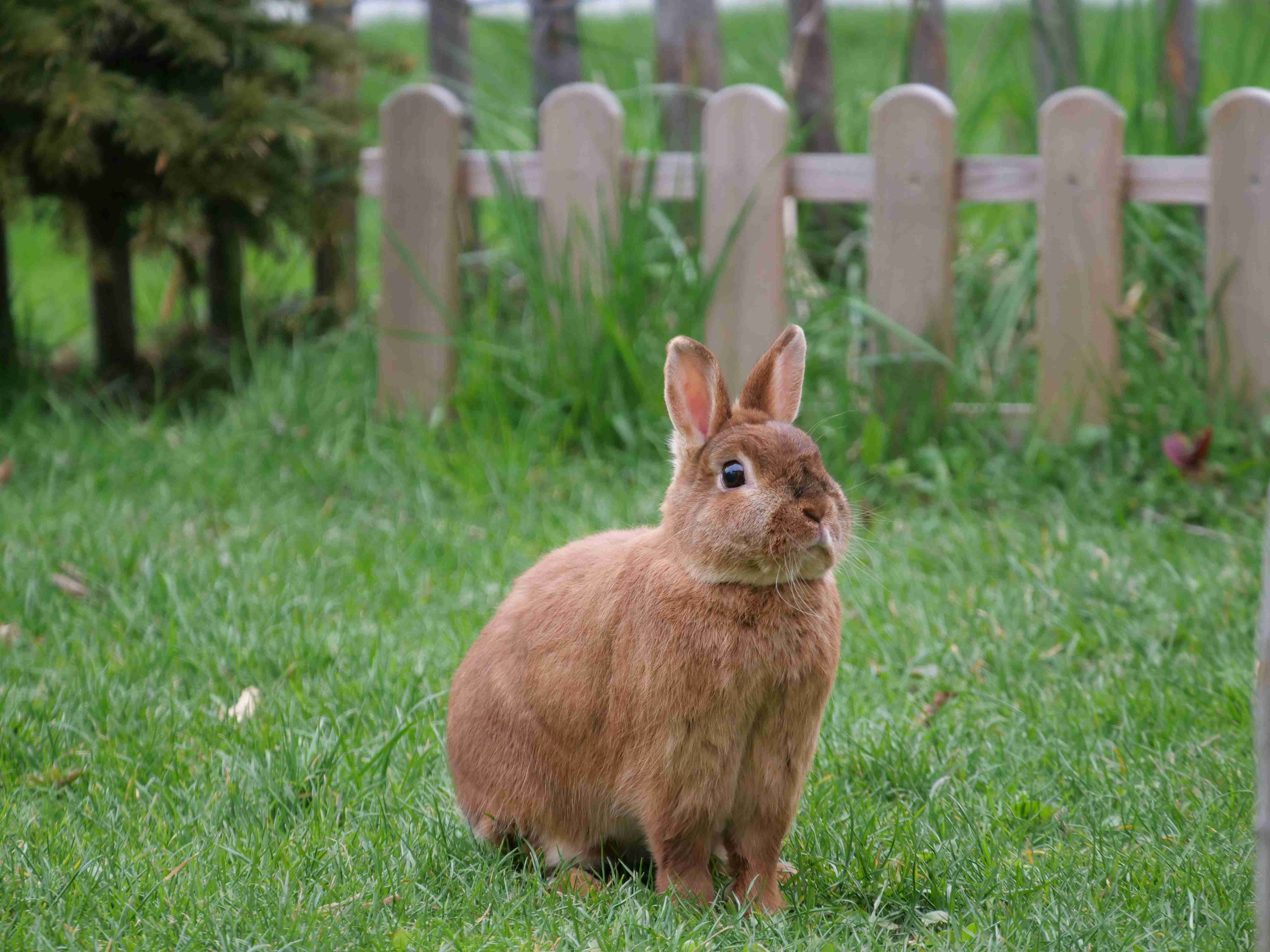
Regular exercise is essential for the overall health and well-being of your pet rabbit. Exercise helps to promote proper digestion and prevents gastrointestinal problems. A lack of exercise can lead to stasis, where the digestive system slows down, and food remains in the stomach for an extended period, leading to bloating and discomfort.
Provide your pet rabbit with enough space to move around and play. You can create a playpen for them to run around in or allow them to roam around the house under supervision.
4. Regular Check-Ups
Regular veterinary check-ups are crucial in preventing gastrointestinal problems in pet rabbits. Rabbits are susceptible to many health issues, and early detection can help prevent serious health problems.
During the check-up, the vet will examine your pet rabbit and recommend appropriate measures to prevent gastrointestinal problems. Additionally, they may also recommend the necessary dietary and lifestyle changes to ensure your pet rabbit stays healthy.
5. Proper Hygiene
Maintaining proper hygiene is essential in preventing gastrointestinal problems in pet rabbits. A dirty living environment can lead to the growth of harmful bacteria that can cause digestive issues. Ensure that your pet rabbit’s living space is clean, and their litter box is cleaned regularly.
Overall, gastrointestinal problems can be prevented with proper care and attention. Ensure that your pet rabbit has a balanced diet, access to clean water, regular exercise, regular veterinary check-ups, and a clean living environment. By following these tips, you can help your pet rabbit stay healthy and happy for years to come.
As a pet owner, it’s crucial to prioritize your furry friend’s health and wellbeing. By following these five tips, you can significantly reduce the risk of your pet rabbit developing gastrointestinal problems. Remember to always consult with your veterinarian if you notice any unusual behavior or symptoms in your rabbit. With proper care and attention, you can ensure that your pet rabbit lives a happy and healthy life. So, start implementing these tips today and watch your furry friend thrive!


.jpg)
